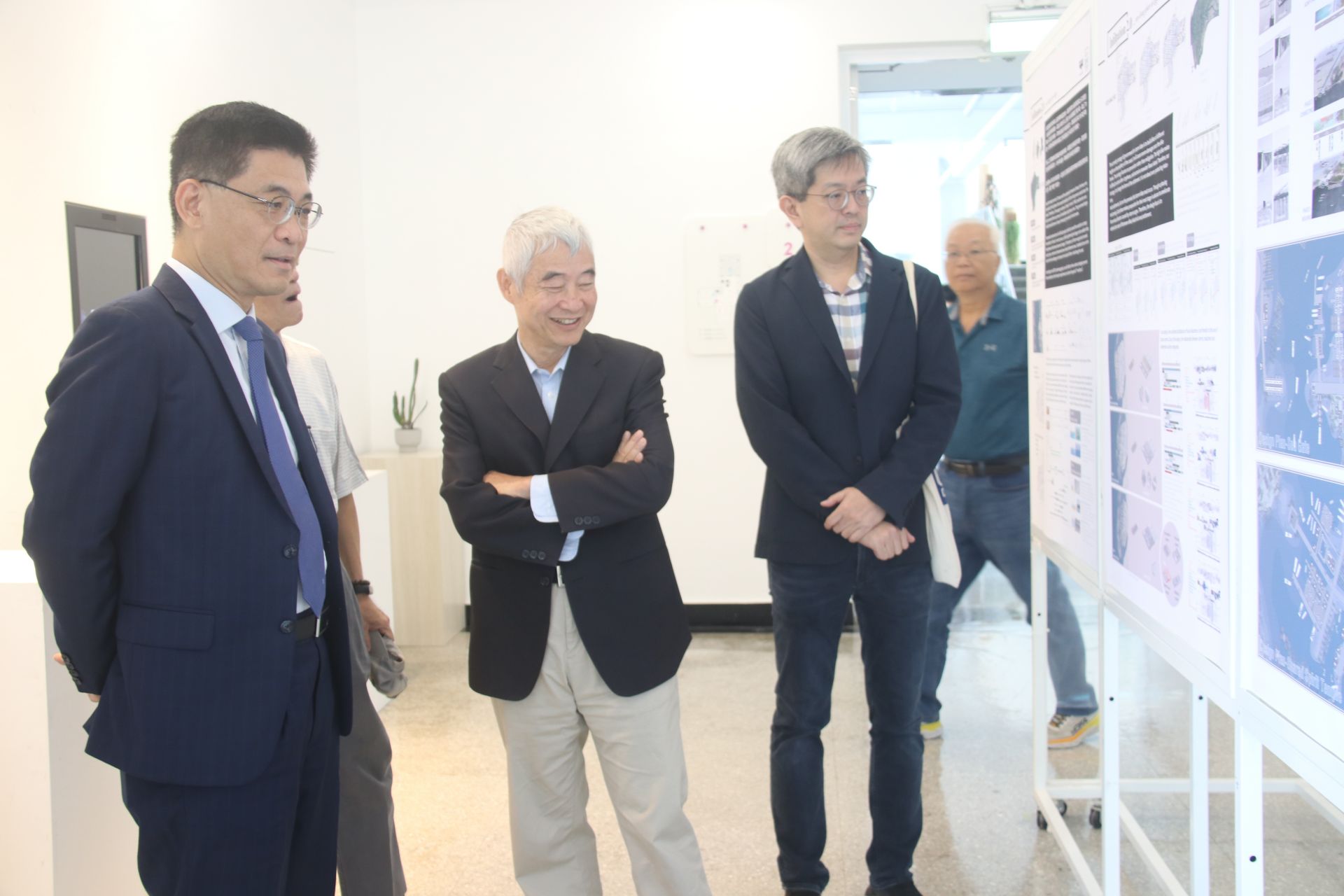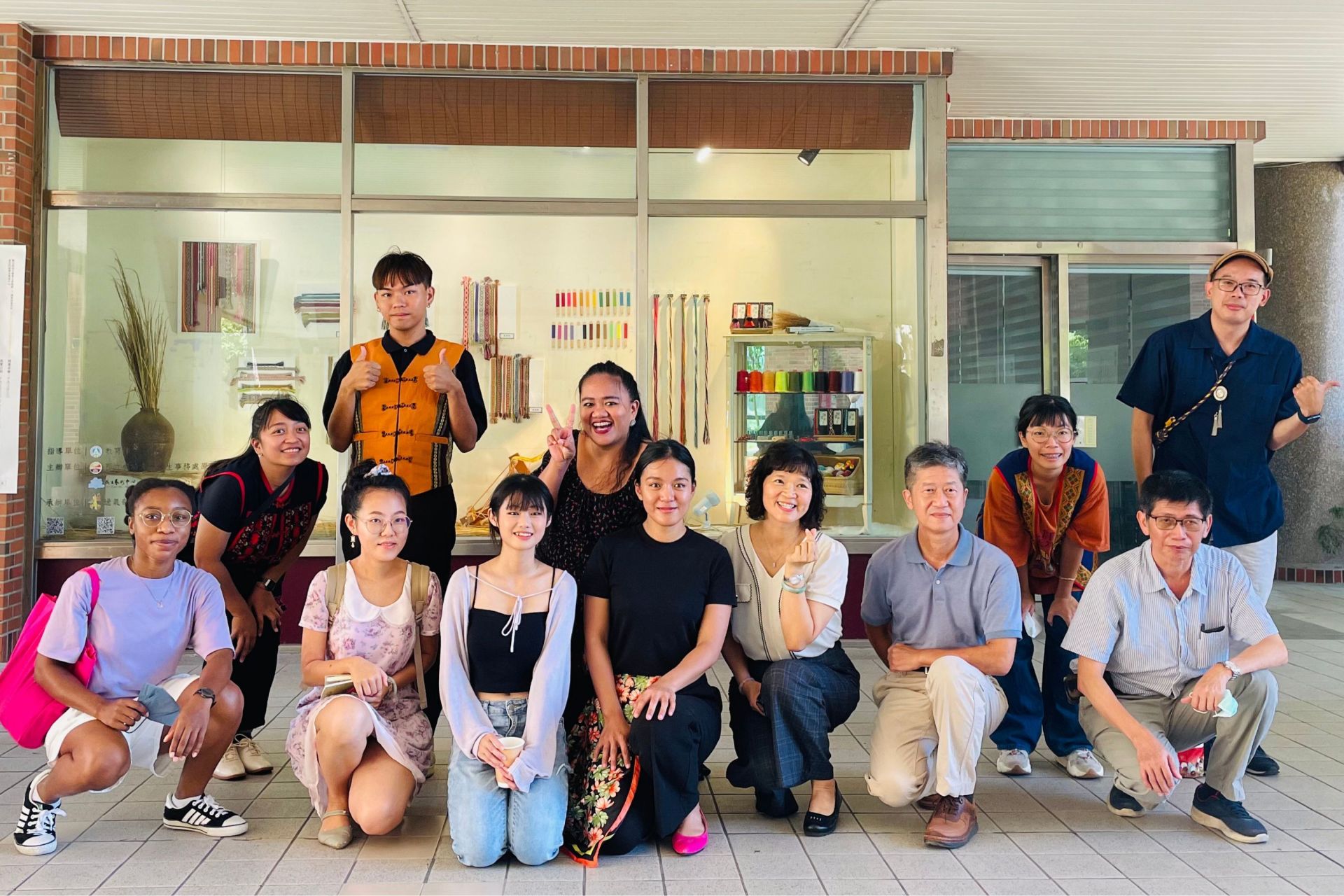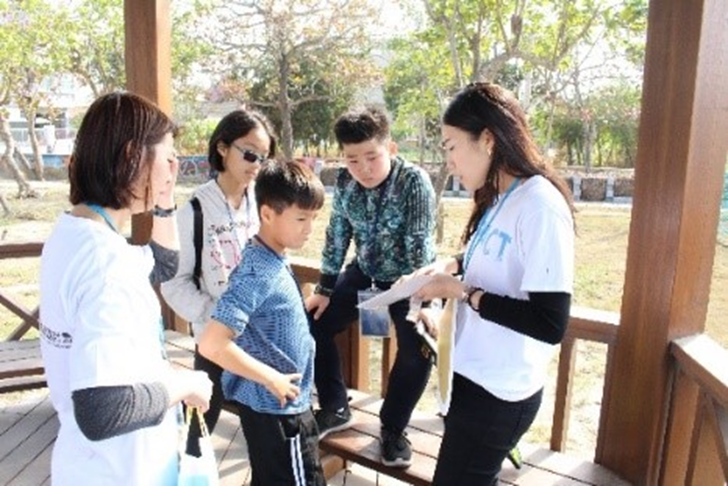SDG11
Science Communication Based on Knowledge of Coastal Environmental Changes and Fieldwork Practice
Under a combination of scientific research and field practice, a dialogue with users requiring adaptation to the environment, at present there is a gap between scientific knowledge and practical experience. Therefore, the team made good use of knowledge translation, and incorporated the problems identified by the team, accumulated the knowledge and the conflicts faced by the team, into an interactive environmental context with play design. In addition, the team has actively promoted scientific knowledge in the form of stalls, so that valuable research and field experience could be passed on to the public and play a role in shaping civic literacy. Furthermore, based on the concept of disaster prevention education, the team used experiential teaching aids to permit students to link with existing school courses. They were able to evaluate the comprehension and knowledge background of those receiving information, and design a number of teaching aids for impacted learning. Students no longer passively receive information from the instructor and take an examination. Instead, they are actively involved in this interactive classroom for interdisciplinary learning, intergrade and intergenerational knowledge exchanges, and results in a link between science, technology and innovative design and the real world. With a total of 13 subjects involved, including architecture, hydraulic engineering, urban planning, and disaster mitigation technology, students were allowed to think about different environmental issues in an interdisciplinary approach. In response, they said during a course for coastal cleanup activities that "The conventional beach cleanup program is just to collect and classify garbage. Through the teacher's explanations in the course, however, we have a better understanding of garbage decomposition, the policies and sources of oyster culture floats, as well as a profound experience of the serious impact of human waste on the environment."
Those experiences and processes are the items that our team has actively developed and promoted. The aim of achieving the goal of the Ministry of Education is to use the university’s social responsibility to change the isolation of traditional education and research, make use of the combination of fields to expand the feasibility of research, and increase the breadth of students' thinking about career development, so they can apply what they have learned for industry-academia cooperation.
Those experiences and processes are the items that our team has actively developed and promoted. The aim of achieving the goal of the Ministry of Education is to use the university’s social responsibility to change the isolation of traditional education and research, make use of the combination of fields to expand the feasibility of research, and increase the breadth of students' thinking about career development, so they can apply what they have learned for industry-academia cooperation.

SDG11“Learning the City in Action”: Tainan Greenway Course and Research Forum Sparks Cross-Disciplinary Dialogue on Future Urban
View more
SDG112023 "Sustainable Island Strategy Design Series Forum": advancing Taiwan's sustainability.
View more




















